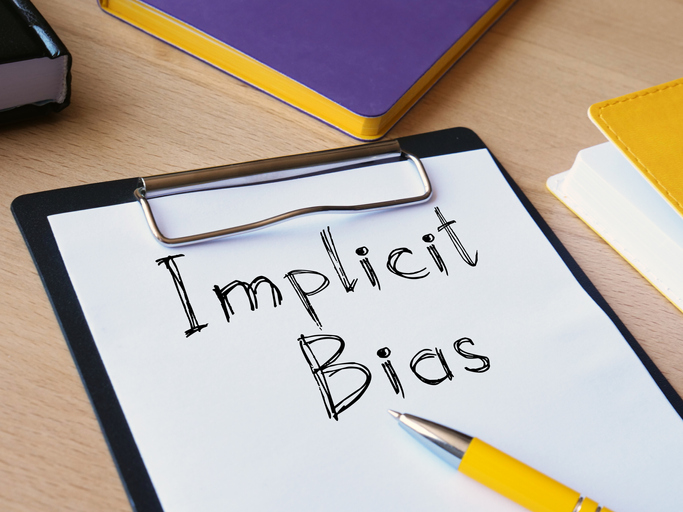Physicians who want to keep their licenses in Michigan will have to undergo so-called implicit bias training.
Gov. Gretchen Whitmer announced the training mandate on June 1 and the mandate will go into effect one year from that date. The move was not unexpected because several months ago, the state’s largest health insurer, Blue Cross Blue Shield of Michigan, said it would not credential physicians unless they received the training.
“Implicit race” training attempts to correct hidden biases individuals are presumed to have against people of color. The term comes under the umbrella of ‘critical race theory,” an academic discipline being pushed by the radical Left that is based on Marxism,” stated Christopher Rufo, the founder of director of Battlefront, in a lecture he gave at Hillsdale College on March 30.
“There are a series of euphemisms deployed by its supporters to describe critical race theory, including ‘equity,’ ‘social justice,’ and ‘diversity and inclusion,’” Rufo told students. “Critical race theorists, masters of language construction, realize that ‘neo marxism would be a hard sell.”
A Training Sampler
Starting this spring, Wayne State University School of Medicine offered implicit bias courses to physicians and providers online. One workshop on May 11, “Intersectionality: Examining Concepts of Privilege,” assigned readings and videos for participants to review.
One of the materials was a book called Black Fatigue: How Racism Erodes the Mind Body and Spirit. Another reading was a book by Mary-Frances Winters entitled, Racism Literally Makes You Sick.” Winters states “racism is a significant factor contributing to health disparities that affect black people.
Winters also offers a “narrative reframing” of how “racism” in health care should be viewed:
- Instead of saying “being Black is exhausting,” Winters suggests speaker and listener rephrase that as “racism is exhausting.”
- Instead of saying “black people are more prone to certain diseases. It is inevitable,” Winters suggests it is better to think “systemic racism affects my health. I need to understand the influence of white supremacy on my well-being and not internalize it.”
Another online workshop, on May 28, began with a statement acknowledging “indigenous lands.” The statement mentions Native American tribes and ends with a declaration: “we acknowledge the painful history of genocide and forced removal from this territory.”
The workshop also had participants take an “Anonymous Qualtrics Privilege Activity Survey.” The survey then listed seven different identities: ability, class, gender, nationality, race, religion, and sexuality. Participants were then asked to review a set of statements to identify “privilege” within each of the groups. For example, one privilege listed was traveling with family outside of the country as a child.
AnneMarie Schieber (amschieber@heartland.org) is the managing editor of Health Care News.





















